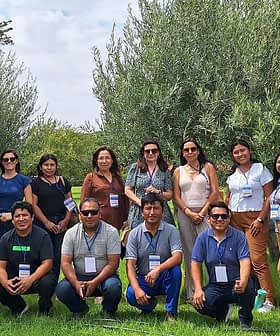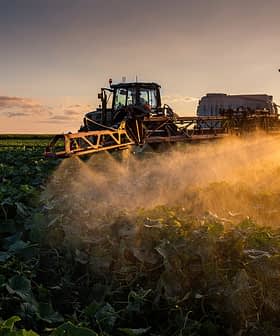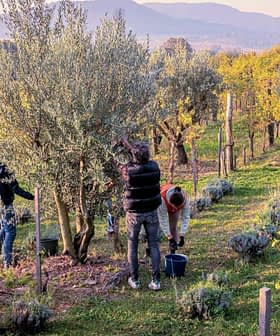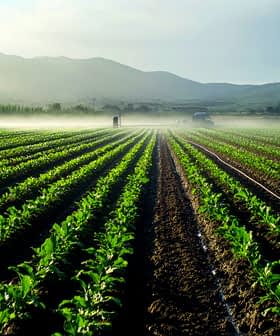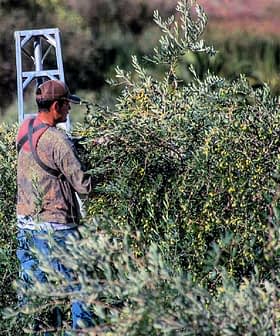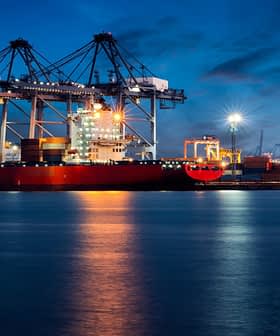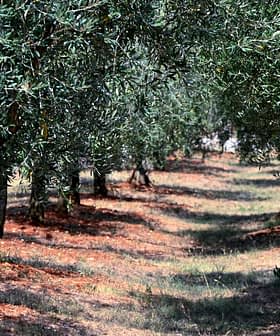Europe Tightens Restrictions on Hydrocarbons in Virgin Olive Oil
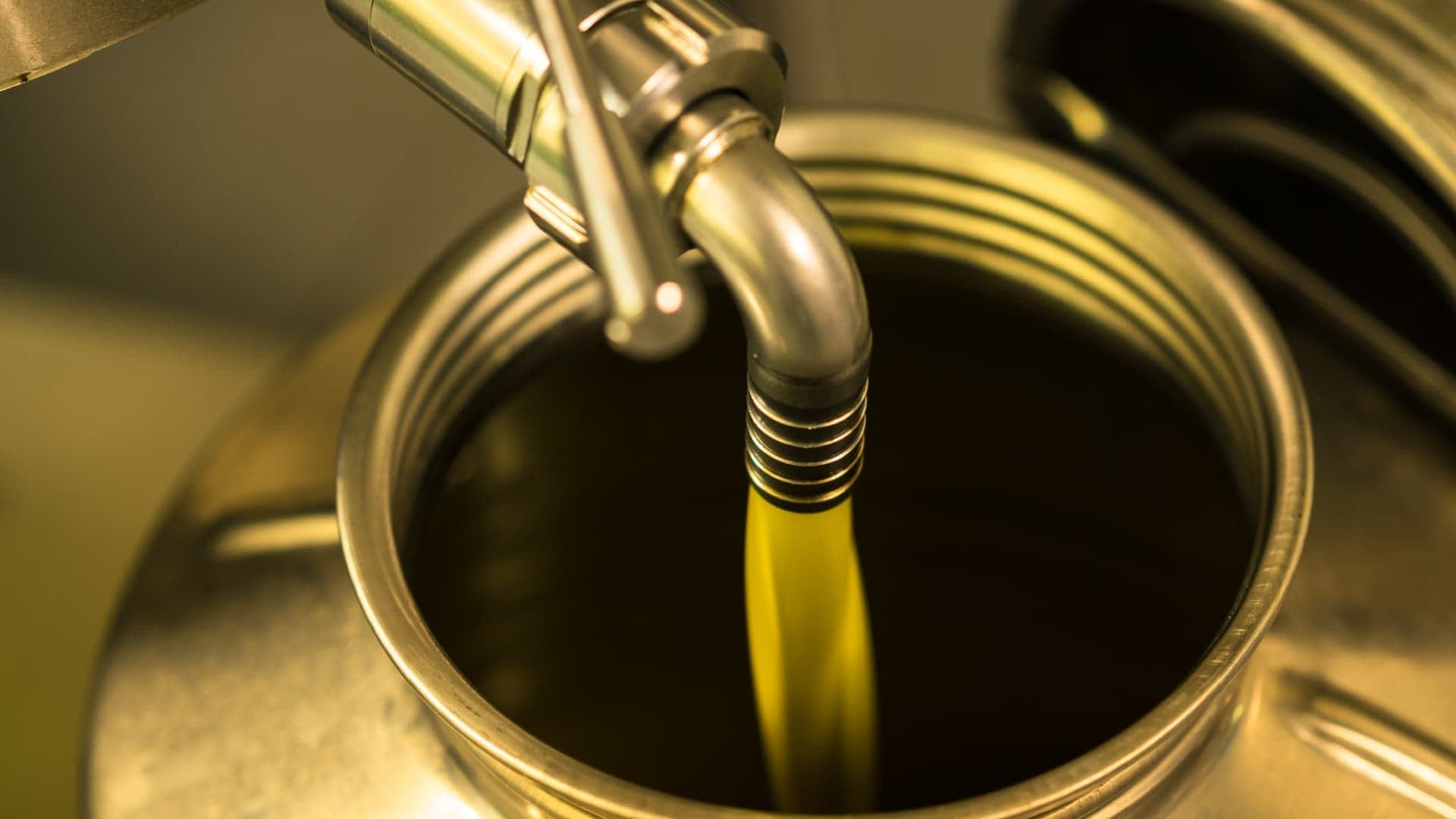
The European Commission is expected to tighten regulations on the amount of polycyclic aromatic hydrocarbons (PAH) permitted in virgin and extra virgin olive oil due to their cancer-causing properties and sources of contamination, such as tree pruning and industrial solvents. Producers may need to sell substandard olive oil for biodiesel at a lower price if it contains PAHs, leading to concerns and calls for more information and guidance from farmers’ associations and researchers.
The European Commission is expected to tighten regulations this year, further restricting the amount of polycyclic aromatic hydrocarbons (PAH) permitted in virgin and extra virgin olive oil.
PAHs are organic compounds known to cause cancer and harmful mutations in mammals. The compounds occur naturally and are produced by burning coal, oil, natural gas, wood, waste materials and tobacco.
Current European regulations limit the amount of several PAHs in olive oil to less than ten micrograms per gram. For benzo(a)pyrene, one of the most common PAHs, the limit is two micrograms per gram.
See Also:Spanish Campaigners Lobby for Glyphosate Ban After EU Fails to Reach ConsensusVirgin olive oil should ideally be free of PAHs. However, contamination can occur either directly during milling or indirectly through the olives’ exposure to smoke or air pollution.
A significant source of contamination is the pruning of trees during the olive harvesting process. The lubricants used in chainsaws contain PAHs.
PHAs are also found in the chemicals used to produce jute sacks, which are specifically designed to improve durability and waterproof characteristics for transporting olives.
Farmers’ associations call on the European Commission to disseminate more information to all olive farmers and producers. They are asking the commission to provide formal guidance on practices that could cause PAH to be introduced during cultivation, harvesting and extraction.
PAHs can also be found in industrial solvents. As a result, “olive pomace oils have higher PAH contents, exceeding the limits in some cases,” researchers from Italy’s University of Udine wrote in a recent study.
Under the new regulations, any extra virgin olive oil containing PAHs is anticipated to be deemed unsuitable for consumption.
Consequently, producers will be required to sell this substandard oil for biodiesel, priced at €0.80 per liter, substantially lower than the €8 per liter for extra virgin olive oil.
While the situation has prompted a rethink for some farmers, researchers believe the restrictions will further improve public opinion about olive oil quality.
“As far as the PAH new regulation is concerned, I believe that any idea and rule which could result in a better understanding of olive oil quality is useful to increase customer satisfaction based on quality,” Michele Pisante, chair of the agronomy and crop sciences research and education center at the University of Teramo, told Olive Oil Times.
European countries that produce olive oil are asking the commission to delay the new rules until 2028. However, it remains uncertain whether the commission will grant this request.
Olive oil contamination is a significant concern in the 27-member bloc. Last year, a small-scale analysis of France’s organic and non-organic olive oil brands revealed that 23 of 24 samples were contaminated with plasticizers and mineral oil hydrocarbons.
The study, published by France’s National Consumer Institute, identified traces of mineral oil-saturated hydrocarbons and mineral oil aromatic hydrocarbons in the samples. These hydrocarbons are known to accumulate in the liver and lymphatic system, potentially leading to inflammation.
The new regulation is part of Europe’s ongoing efforts to combat food contamination.
In 2019, the International Olive Council (IOC) advised the European Union that the acceptable consumption level of the potentially carcinogenic compound 3‑monochloropropane diol (3‑MCPD esters) in refined olive oil should be established at 1.25 milligrams per kilogram.
This compound is typically found in vegetable oils, particularly in olive pomace and refined oils, while it is absent in virgin olive oils due to the lack of refining processes.
In 2021, European authorities also limited cadmium levels in table olives and cooking oils. The move came after the heavy metal, a known carcinogen, had been detected in Spanish table olives and some flavored Italian olive oils.
While some producer associations oppose further restrictions from Brussels, the seat of the European Commission, there is evidence that they are working.
In the 2022 European Union report on pesticide levels in food, published in April 2024, the European Food Safety Authority said it ran 1,805 tests on between 167 and 226 virgin olive oil samples, screening for nine different chemical compounds found in pesticides. Not every sample was tested for every chemical.
Thirty-seven virgin olive oil samples were found to have pesticide levels below the legal maximum residue levels. Only one sample exceeded the legal limit.
By comparison, EFSA found four samples exceeding the legal limit out of 84 in its 2019 report, with some pesticide levels detected in another 22 samples.


